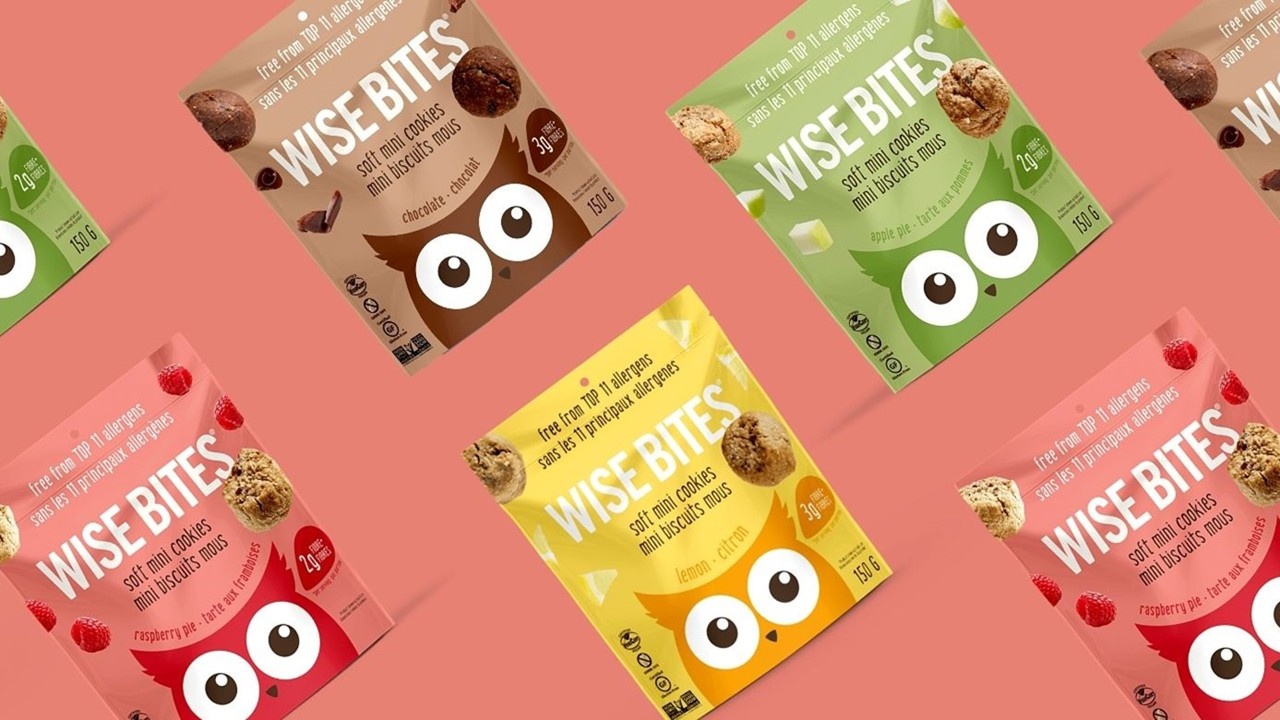4 Easy Ways To Improve Your Plant-based Vegan Diet

There’s a difference between going technically vegan and truly embracing a healthy, plant-based diet.
For instance, each of us has known a few teens or preteens who have taken forays into veganism or vegetarianism, only to wind up on an all-pasta diet. (Our favourite kid interpretation of this was the preteen who was “vegetarian except for bacon.”)
In fact, it was concern about the low nutritional value of a lot of convenient snack foods, particularly the kinds we feed our kids, that prompted us to found Wise Bites, making our products with superfood ingredients that pack a big energy-and-nutrition punch.
Here are a few tips to improve your vegan diet and make sure you’re getting all the benefits of plant-based eating.
- Check the nutritional value of packaged products. Take a closer look at the snack items you buy to see if they are as healthy as their packaging may lead you to believe. Many of the most popular snack products are made with cheap flours and fillers and sweetened with variations on the theme of high-fructose corn syrup. As a result, the percentage of daily intake values will be negligible on things like protein, iron and fibre and high on sodium and sugar. That’s why, for example, we use quinoa flour in our Wise Bites Triple Fudge Quinoa Bars, part of the product series that launched the company. While it's prepared and consumed like a cereal grain, quinoa is actually a pseudo cereal that belongs to the genus Chenopodium, a group of herbaceous plant species that includes many annual and perennial herbs, and is closely related to spinach. That quinoa flour helps us deliver eight percent of daily intake of iron in just one small 90-calorie bar.
- Track your protein and fibre. While you’re checking labels and ingredients, try tracking your protein and fibre. Focusing on these two important pillars of a healthy diet is a good way to get a handle on whether your vegan menu is meeting your nutritional needs. Most adults need 0.8 grams of protein for every kilogram of body weight. You can use online tools to help you find the protein and fibre stats for all the whole foods you eat, and carefully check the packaging on your convenience foods. Our Wise Bites Chocolate Chip Oat & Quinoa Super Cookie has a whopping 10 grams of protein and five grams of fibre, for instance. Use this data to see how you do over the course of a month. You may be surprised by how easy it is to slip over to the carb-heavy side.
- Check your plate. Is at least half of it taken up by plants as close to their whole food state as possible, as recommended by the Canada Food Guide? If not, add more salad, more vegetable side dishes and more fruit.
- Count your plants. Want an easy metric for improvement? Count your servings of fruits and veg over a few days, then set a goal to improve upon that by, say, 25 percent at a time. Add some leafy greens or a piece of fruit to your breakfast or some carrot and celery sticks to your afternoon snack, then tack more on from there.
Learn more at wise-bites.com.
Stay connected!
Join our newsletter to be up to date on all things Planted!

